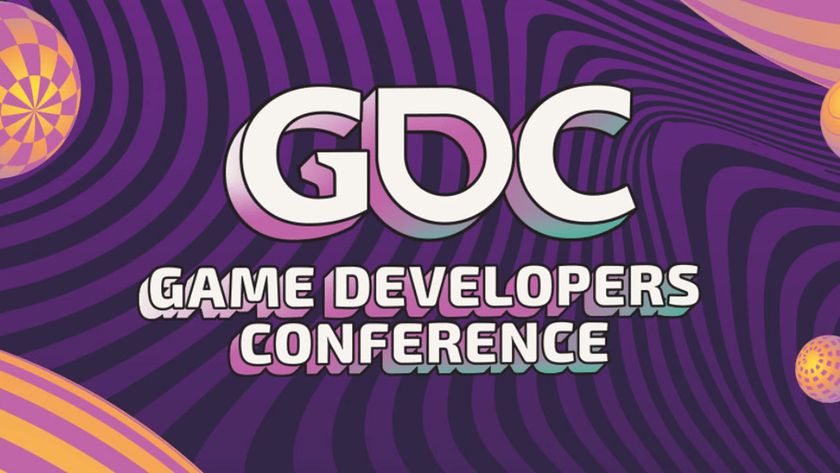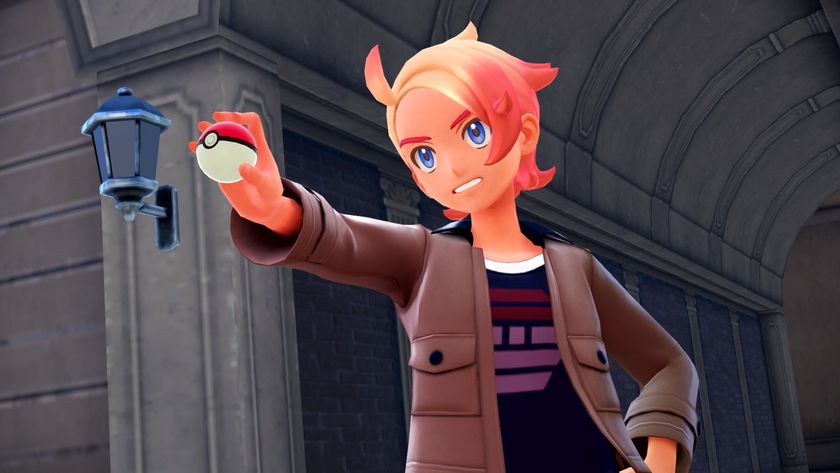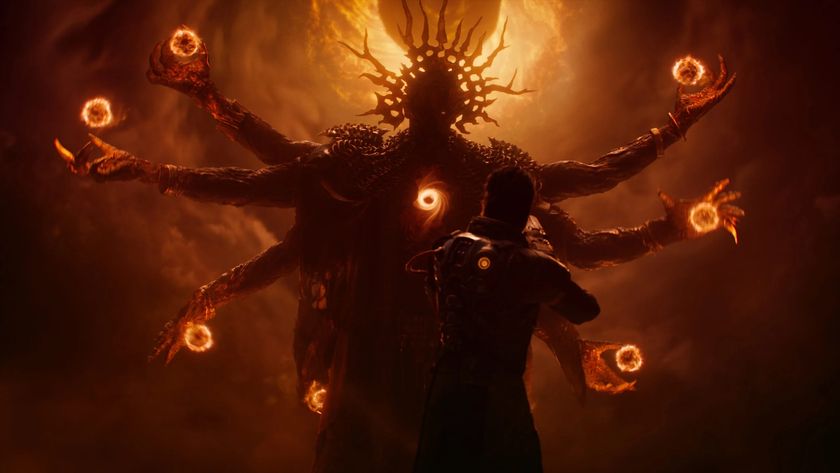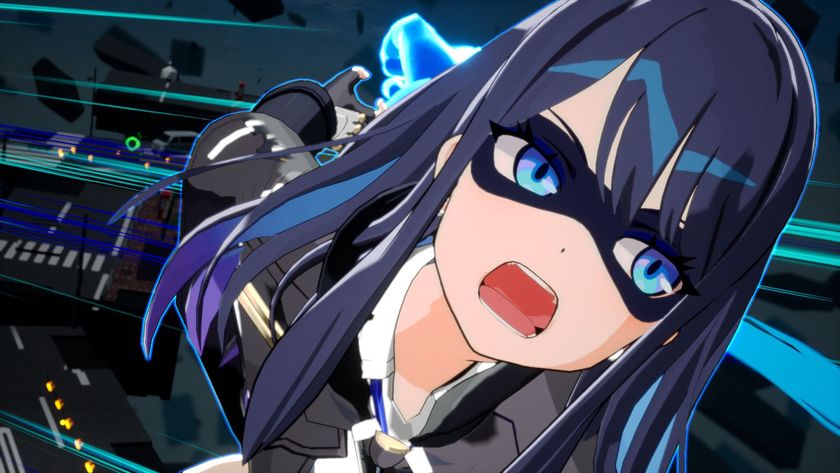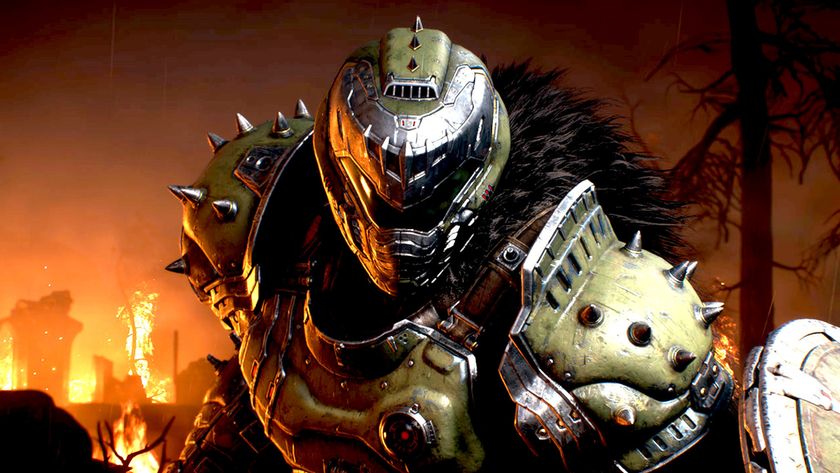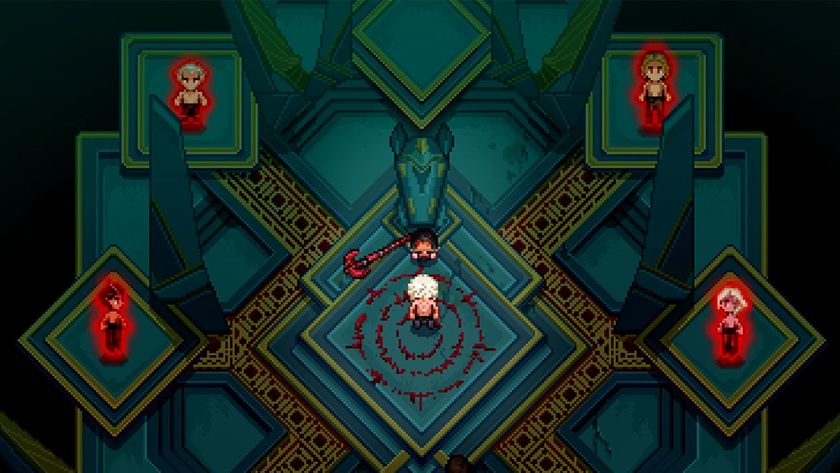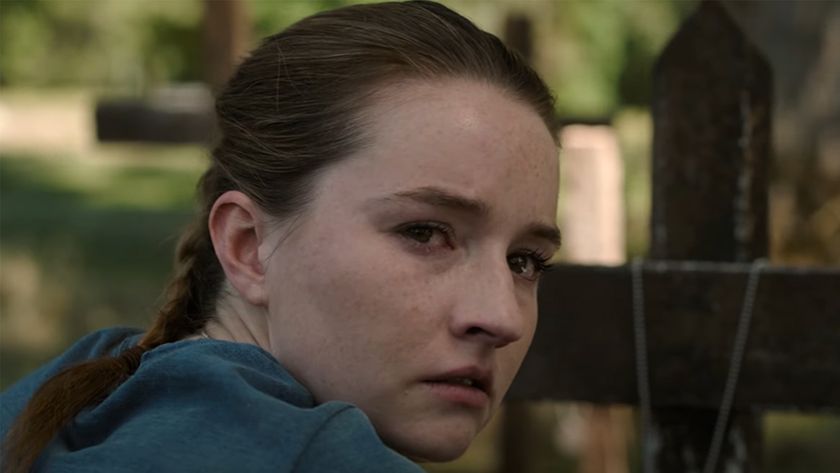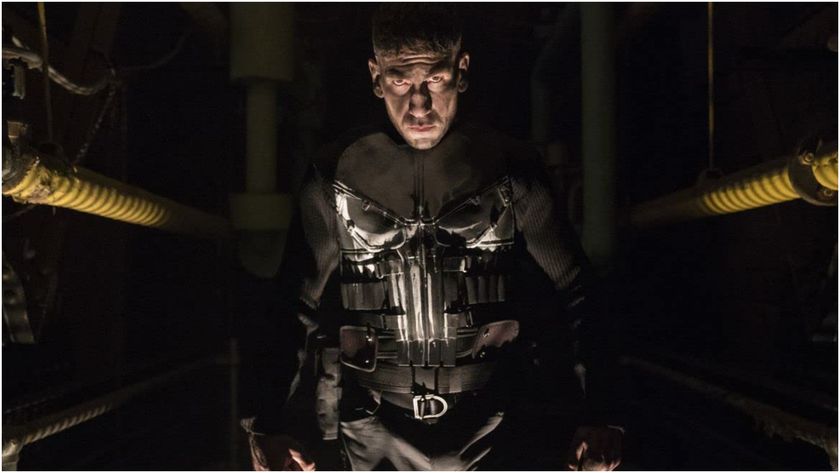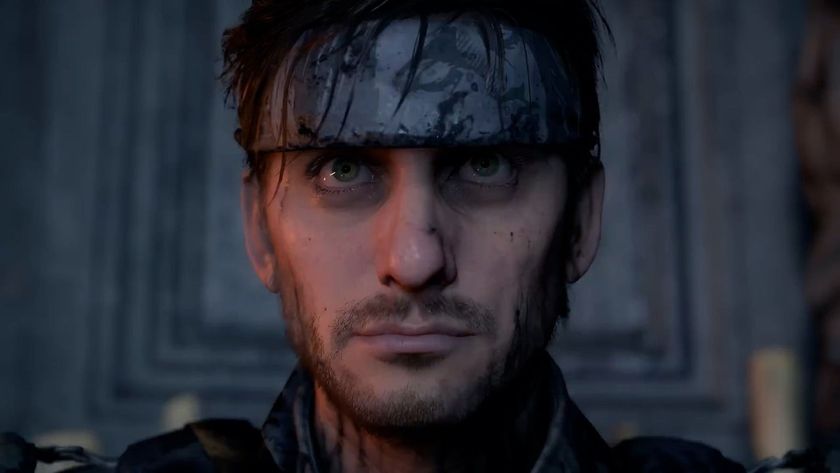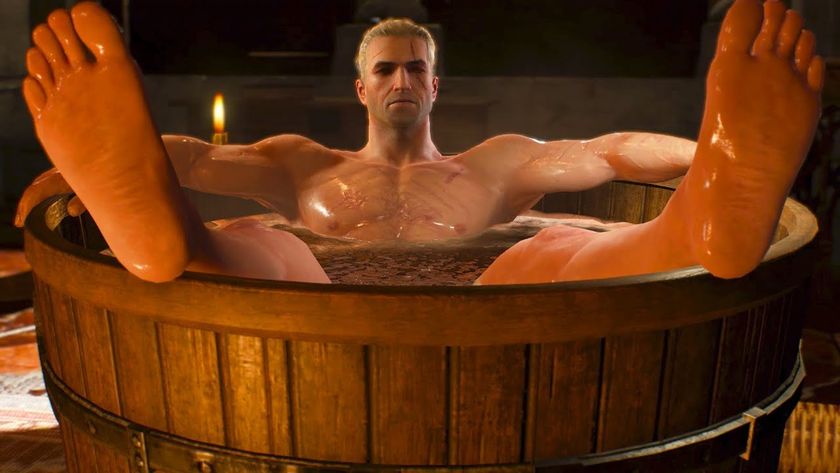If you were wondering what that little black box was when we showed you everything that comes with PlayStation VR, it's what Sony is calling a "processing box." And while it's been known that the processing box was a vital part of the PlayStation VR system, nobody but Sony really knew exactly what it did, until this week.
Despite what the name might imply, the processing box does not function as an extra GPU or CPU for the PlayStation 4. In fact, Sony senior staff engineer Chris Norden said during a GDC presentation that it's not even accessible to developers. Instead, the box:
- Enables 3D audio processing
- Sends the "social screen" - which is a scaled up and cropped version of what the headset wearer sees - to a television
- Handles 2D content while in "cinematic mode," which simulates playing games on a screen up to 225 inches large
- Creates an entirely separate audio and video stream - dubbed "separate mode" - that can be sent to the TV, somewhat like how the Wii U can send different streams to the GamePad and television screen
Norden explained that the separate mode function was added relatively late into development of the device, but that it opens up new asymmetrical multiplayer opportunities. We'll find out how well Sony's foray into virtual reality turns out when PlayStation VR releases this October.
Seen something newsworthy? Tell us!
Sign up to the 12DOVE Newsletter
Weekly digests, tales from the communities you love, and more
Sam is a former News Editor here at GamesRadar. His expert words have appeared on many of the web's well-known gaming sites, including Joystiq, Penny Arcade, Destructoid, and G4 Media, among others. Sam has a serious soft spot for MOBAs, MMOs, and emo music. Forever a farm boy, forever a '90s kid.
